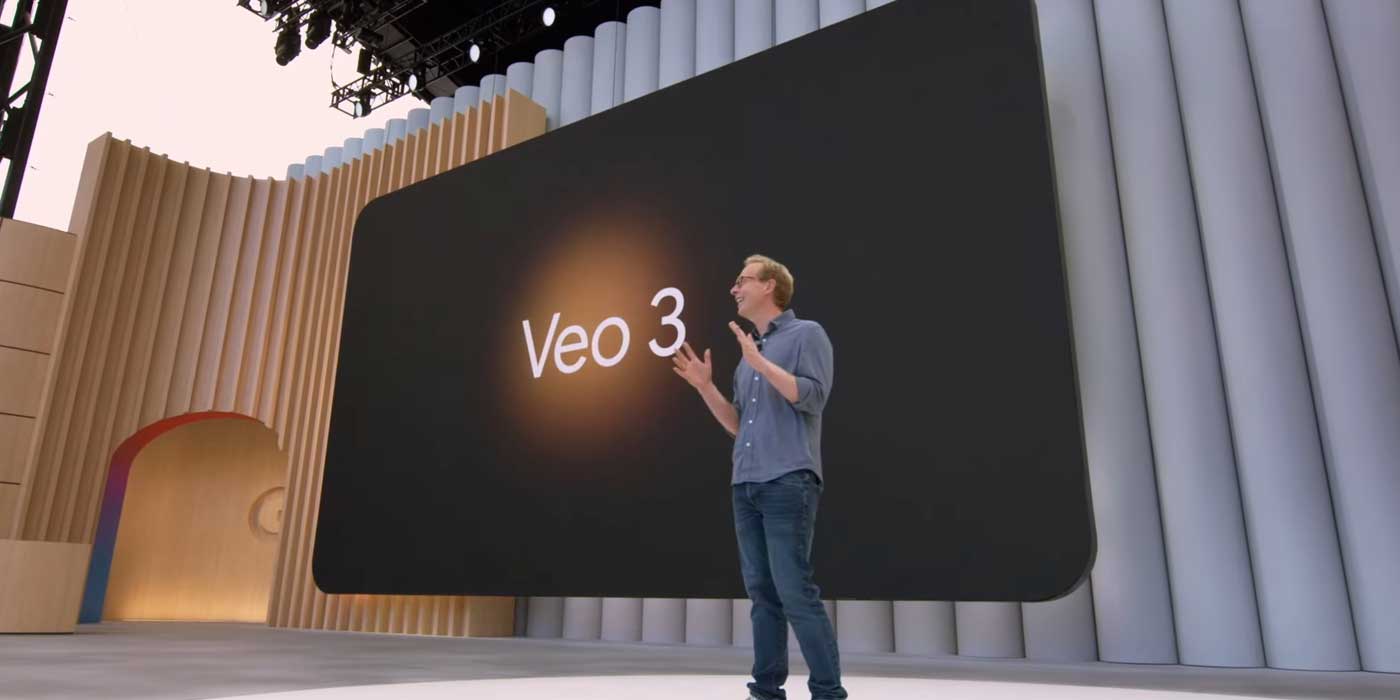Podcast: The Life Changing Power of Lifting

For this week’s podcast, I’m talking to our friend Casey Johnston, a tech journalist turned fitness journalist turned independent journalist. Casey studied physics, which led her to tech journalism; she did some of my favorite coverage of Internet culture as well as Apple’s horrendous butterfly laptop keyboards. We worked together at VICE, where Casey was an editor and where she wrote Ask a Swole Woman, an advice column about weightlifting. After she left VICE, Casey founded She’s a Beast, an independent site about weightlifting, but also about the science of diet culture, fitness influencers on the internet, the intersections of all those things, etc.
She just wrote A Physical Education: How I Escaped Diet Culture and Gained the Power of Lifting, a really great reported memoir about how our culture and the media often discourages people from lifting, and how this type of exercise can be really beneficial to your brain and your body. I found the book really inspiring and actually started lifting right after I read it. In this interview we talk about her book, about journalism, about independent media, and how doing things like lifting weights and touching grass helps us navigate the world.
Listen to the weekly podcast on Apple Podcasts, Spotify, or YouTube. Become a paid subscriber for access to this episode's bonus content and to power our journalism. If you become a paid subscriber, check your inbox for an email from our podcast host Transistor for a link to the subscribers-only version! You can also add that subscribers feed to your podcast app of choice and never miss an episode that way. The email should also contain the subscribers-only unlisted YouTube link for the extended video version too. It will also be in the show notes in your podcast player.







